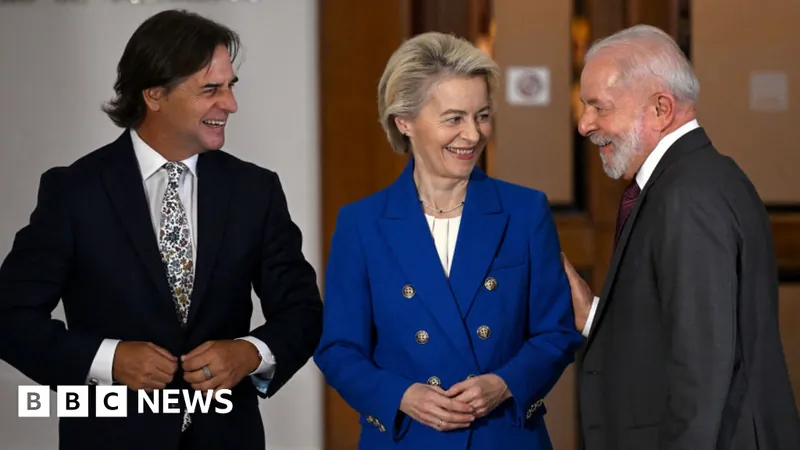
Historic EU-South America Trade Deal: What You Need to Know!
2024-12-06
Author: Ming
In a significant move to enhance trade ties, the European Union has announced a trade agreement with four major economies in South America: Argentina, Brazil, Paraguay, and Uruguay. This deal, heralded by European Commission President Ursula von der Leyen as a “truly historic milestone,” aims to navigate the complexities of an increasingly confrontational global landscape.
Unlike the previous agreement from 2019 that never materialized due to lack of unanimous support among EU member states, this new deal holds the promise of reducing tariffs, streamlining customs procedures, and facilitating easier access to essential raw materials for European companies, pending ratification by EU nations.
In her remarks delivered in Montevideo, von der Leyen emphasized the deal’s potential benefits for European citizens: “It means more jobs and good jobs, more choices, and better prices.” This agreement could lead to a boost in exports from Europe, which last year amounted to nearly $59 billion. Goods such as cars, machinery, chemicals, and pharmaceuticals are anticipated to see increased sales as trade tensions with other global powerhouses like the US and China rise.
On the flip side, South America exported almost $57 billion of goods to Europe last year, including invaluable minerals like lithium and nickel, alongside meat and vegetables. These minerals are particularly crucial for the burgeoning electric vehicle market, as they are key components in battery production. European car manufacturers are eager to access these resources, especially as demand surges in the transition to greener technologies.
With a combined consumer base of approximately 700 million and accounting for around 20% of global economic output, both regions see potential for growth through this partnership. Current EU trade policies allow around 60,000 companies, many of which are small businesses, to export to Mercosur, the southern common market comprising Argentina, Brazil, Paraguay, and Uruguay.
Despite the optimism, the path to a finalized deal is fraught with challenges. Initially sparked in 2000, previous negotiations were stalled primarily due to apprehensions over environmental protections, particularly concerning sustainable farming and deforestation. However, shifts in government leadership in Brazil and Argentina have addressed some of these issues, paving the way for renewed discussions.
Uruguay's President Luis Lacalle Pou, who facilitated the concluding talks, acknowledged ongoing challenges but stressed the importance of increased global opportunities for smaller economies within Mercosur.
The European Commission handles trade negotiations, but member states hold the key to ratification. Recent reservations from France, Italy, and Poland – particularly regarding competition with their farmers due to differing regulatory standards – pose significant hurdles. France's Trade Minister Sophie Primas emphasized on social media that while negotiations have reached a political conclusion, member states remain unbound until they formally ratify the deal. “France will fight at every stage alongside the member states that share its vision,” she asserted.
Notably, Germany, facing an economic downturn, sees great potential in this trade agreement and is actively seeking compromises to address the concerns raised by other member states.
As this trade deal moves closer to ratification, the potential for a strengthened economic alliance between the EU and South America could reshape the global trade landscape. Keep your eyes peeled for developments on this front – it’s going to be a bumpy but exciting ride!
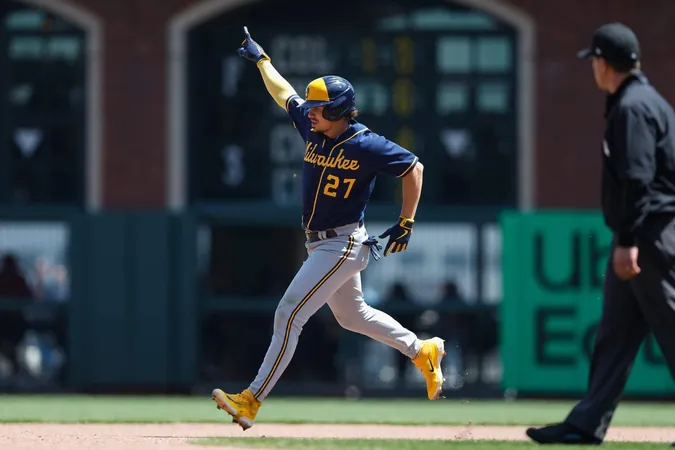

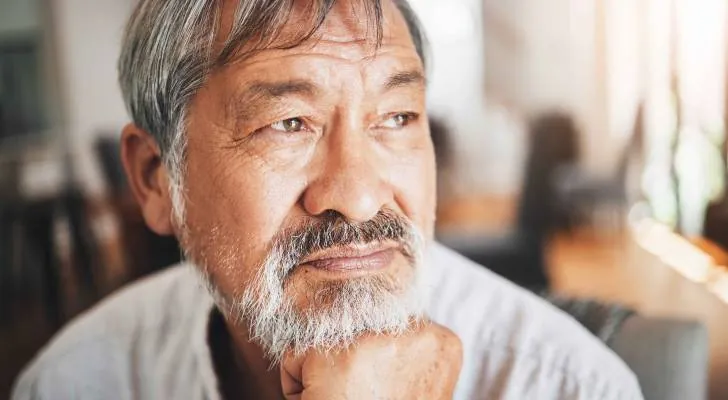

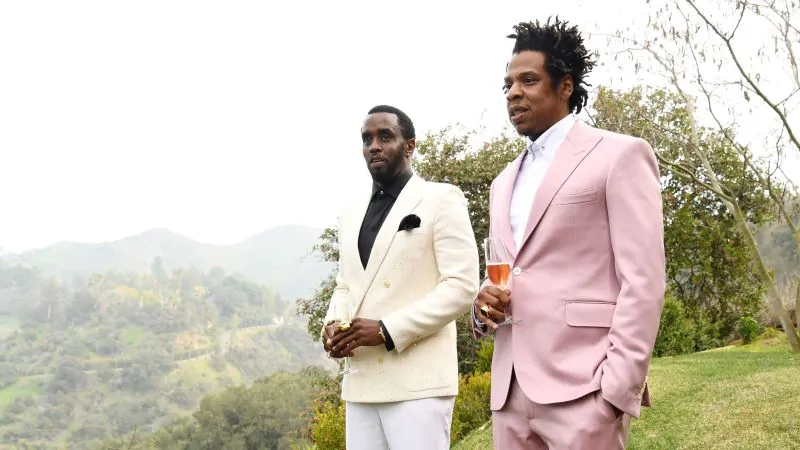
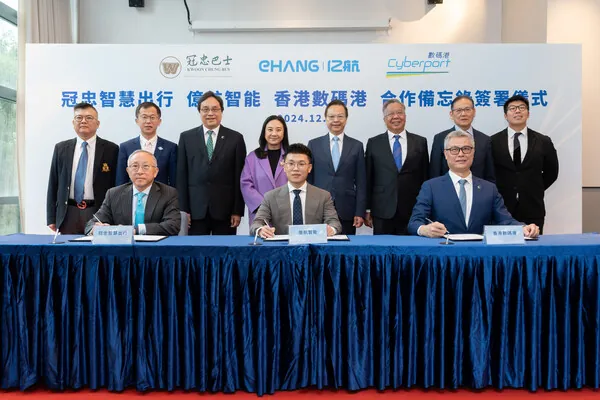
 Brasil (PT)
Brasil (PT)
 Canada (EN)
Canada (EN)
 Chile (ES)
Chile (ES)
 España (ES)
España (ES)
 France (FR)
France (FR)
 Hong Kong (EN)
Hong Kong (EN)
 Italia (IT)
Italia (IT)
 日本 (JA)
日本 (JA)
 Magyarország (HU)
Magyarország (HU)
 Norge (NO)
Norge (NO)
 Polska (PL)
Polska (PL)
 Schweiz (DE)
Schweiz (DE)
 Singapore (EN)
Singapore (EN)
 Sverige (SV)
Sverige (SV)
 Suomi (FI)
Suomi (FI)
 Türkiye (TR)
Türkiye (TR)